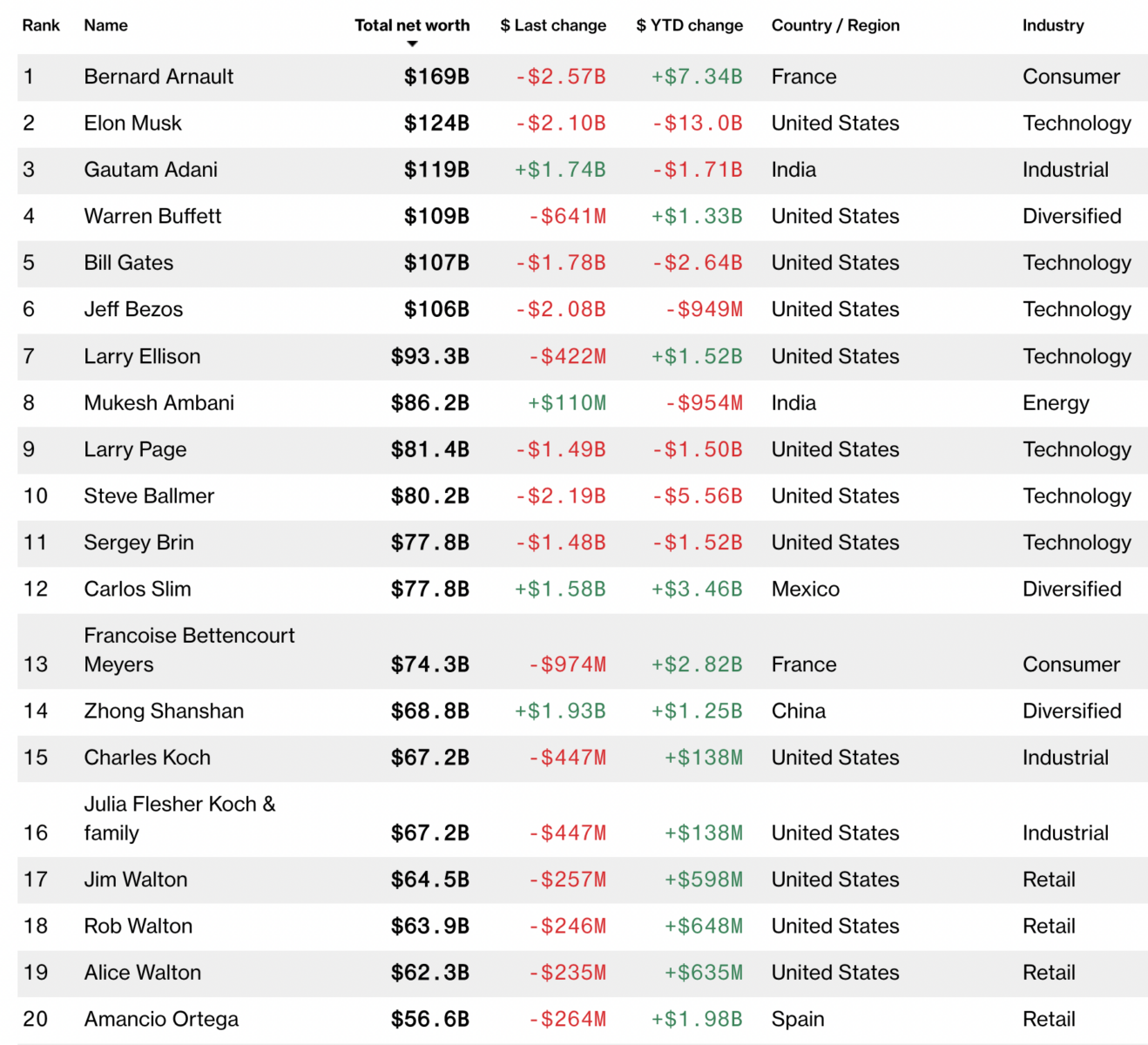Apple And Artificial Intelligence: A Competitive Analysis

Table of Contents
Apple's AI Strategy: A Deep Dive
Apple's AI strategy isn't a single, monolithic entity but rather a multifaceted approach woven into the fabric of its hardware and software. Let's examine its key components.
Siri and the Evolution of Apple's Voice Assistant
Siri, Apple's virtual assistant, has undergone significant evolution since its inception. While initially criticized for limitations in natural language processing (NLP) and contextual understanding, it has steadily improved its capabilities. Siri's strengths now include seamless integration with the Apple ecosystem, proficient task management (setting reminders, sending messages), and increasing accuracy in understanding complex voice commands. However, it still lags behind competitors like Google Assistant and Alexa in certain areas, particularly in handling nuanced queries and providing comprehensive, insightful responses.
- Siri Strengths: Seamless Apple ecosystem integration, reliable task management, improving speech recognition.
- Siri Weaknesses: Can struggle with complex requests, sometimes lacks contextual awareness, fewer third-party integrations compared to competitors.
Compared to Google Assistant's broader knowledge base and Alexa's extensive smart home capabilities, Siri occupies a more niche position, focusing on tight integration within Apple's walled garden. The ongoing advancements in NLP and machine learning (ML) are key to narrowing this gap.
On-Device AI and Privacy
A defining characteristic of Apple's AI strategy is its emphasis on on-device processing. Unlike cloud-based AI solutions employed by many competitors, Apple prioritizes processing data locally on the user's device. This approach significantly enhances user privacy, as sensitive data doesn't need to be transmitted to remote servers.
- Benefits of On-Device AI: Enhanced privacy, faster processing for certain tasks (especially offline), reduced reliance on internet connectivity.
- Drawbacks of On-Device AI: Potentially lower accuracy for complex tasks requiring vast datasets, increased demands on device processing power and battery life.
The trade-off between privacy and performance is a crucial element of Apple's AI philosophy. While cloud-based AI can often achieve higher accuracy, Apple prioritizes user privacy, a strategy resonating with privacy-conscious consumers.
AI in Apple Hardware and Software
AI is deeply embedded throughout Apple's product ecosystem. From the sophisticated image processing in iPhones, enabling stunning photography and advanced photo editing features, to Face ID's secure facial recognition technology and the personalized recommendations in Apple Music and the App Store, AI subtly yet profoundly enhances the user experience. Machine learning algorithms continuously refine these features, learning user preferences and adapting to individual needs.
- Examples of AI in Apple Products:
- Image Processing: Computational photography features like Night mode and Deep Fusion.
- Face ID: Secure facial recognition for device unlocking and payments.
- Personalized Recommendations: Tailored suggestions in Apple Music, App Store, and News.
- Siri Suggestions: Proactive suggestions based on user behavior and context.
The seamless integration of AI across Apple's hardware and software creates a cohesive and intuitive user experience, setting it apart from competitors whose AI implementations may feel more fragmented.
Apple's AI Acquisitions and Research
Apple's commitment to AI is also evident in its strategic acquisitions and substantial investments in AI research. While Apple is relatively less transparent about its specific research initiatives compared to some competitors, acquisitions like Turi and Xnor.ai demonstrate a clear focus on machine learning, computer vision, and natural language processing. These acquisitions provide Apple with cutting-edge technology and talent, bolstering its AI capabilities.
- Significant Acquisitions: Turi (machine learning platform), Xnor.ai (low-power AI technology) and many others, often undisclosed.
- Research Focus: Machine learning, computer vision, natural language processing, on-device AI.
These acquisitions and research efforts position Apple to continue its advancements in AI, maintaining a competitive edge in the rapidly evolving landscape.
Competitive Analysis: Apple vs. the Giants
To fully understand Apple's position in the AI arena, it's crucial to compare its strategy to those of its key competitors.
Apple vs. Google in AI
Google's AI strategy is far more outwardly focused, with a heavy emphasis on cloud-based services and open-source initiatives. While Google Assistant often outperforms Siri in terms of breadth of knowledge and capabilities, Apple prioritizes on-device processing and user privacy. This fundamental difference in approach reflects distinct philosophies.
Apple vs. Microsoft in AI
Microsoft integrates AI extensively into its cloud services (Azure) and productivity tools (Office 365). Apple's focus remains primarily on its consumer-facing ecosystem, while Microsoft targets both consumer and enterprise markets.
Apple vs. Amazon in AI
The rivalry between Apple and Amazon centers on the smart home and voice assistant markets. Amazon's Alexa boasts a wider range of smart home integrations, but Siri benefits from its tight integration within the Apple ecosystem.
| Feature | Apple | Microsoft | Amazon | |
|---|---|---|---|---|
| Focus | On-device AI, Privacy, Ecosystem Integration | Cloud-based AI, Open Source, Broad Capabilities | Cloud Services, Enterprise & Consumer | Smart Home, Voice Assistant, E-commerce |
| Voice Assistant | Siri | Google Assistant | Cortana | Alexa |
| Privacy | High Priority | Variable | Variable | Variable |
| Market Reach | Primarily Consumer | Consumer & Enterprise | Consumer & Enterprise | Consumer & Enterprise |
Conclusion: The Future of Apple and Artificial Intelligence
Apple's AI strategy, while less outwardly ambitious than some competitors, is characterized by a laser focus on user privacy, seamless ecosystem integration, and a commitment to on-device processing. The future of "Apple and Artificial Intelligence" likely involves continued advancements in on-device machine learning, enhanced personalization features, and further integration of AI across its entire product line. The company's strategic acquisitions and internal research efforts suggest a continued dedication to innovation in this critical field.
We encourage you to share your thoughts on Apple's AI strategy and to continue following the exciting developments in the world of "Apple and Artificial Intelligence." Stay updated by following Apple News and exploring relevant AI research papers. The future of Apple is inextricably linked to its success in leveraging artificial intelligence.

Featured Posts
-
 Meta Under Trump Zuckerbergs Challenges And Opportunities
May 10, 2025
Meta Under Trump Zuckerbergs Challenges And Opportunities
May 10, 2025 -
 High Potential Next Episode Abc Air Date Announced
May 10, 2025
High Potential Next Episode Abc Air Date Announced
May 10, 2025 -
 Kimbal Musk A Closer Look At Elons Brother And His Business Ventures
May 10, 2025
Kimbal Musk A Closer Look At Elons Brother And His Business Ventures
May 10, 2025 -
 Fyraty Fy Alerby Alqtry Thlyl Ladayh Bed Antqalh Mn Alahly
May 10, 2025
Fyraty Fy Alerby Alqtry Thlyl Ladayh Bed Antqalh Mn Alahly
May 10, 2025 -
 David In High Potential Episode 13 Who Played The Kidnapper A Look At The Role
May 10, 2025
David In High Potential Episode 13 Who Played The Kidnapper A Look At The Role
May 10, 2025
Latest Posts
-
 Kimbal Musk A Closer Look At Elons Brother And His Business Ventures
May 10, 2025
Kimbal Musk A Closer Look At Elons Brother And His Business Ventures
May 10, 2025 -
 Trumps Tariffs 174 Billion Loss For Top 10 Billionaires
May 10, 2025
Trumps Tariffs 174 Billion Loss For Top 10 Billionaires
May 10, 2025 -
 Madhyamik Examination 2025 Merit List And Rank Holders
May 10, 2025
Madhyamik Examination 2025 Merit List And Rank Holders
May 10, 2025 -
 Kimbal Musk Elons Brother And His Public Stand Against Trumps Tariffs
May 10, 2025
Kimbal Musk Elons Brother And His Public Stand Against Trumps Tariffs
May 10, 2025 -
 Trump Inauguration Donations The Steep Price For Tech Billionaires
May 10, 2025
Trump Inauguration Donations The Steep Price For Tech Billionaires
May 10, 2025
